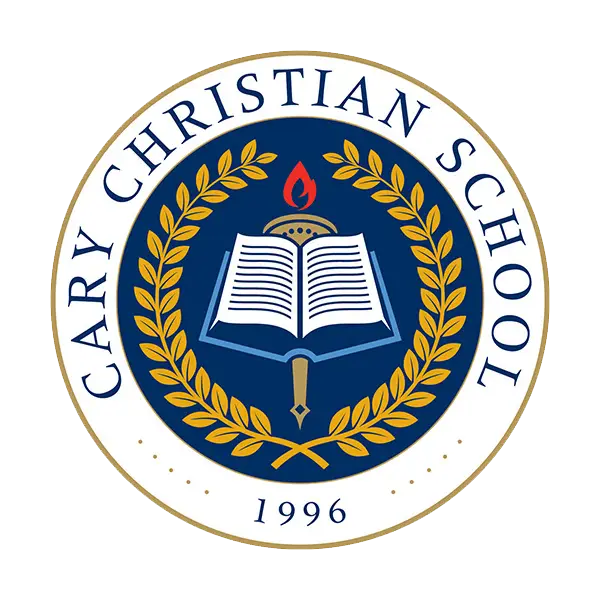Wait?!? The students do what?!?
That is the common response that I get when I explain the Senior Thesis here at CCS. When I describe the 16-20 page paper, with a minimum of 12 sources, written in the 6 Parts of Discourse, then delivered in a 5-8 minute speech to an audience comprised of about 100 peers and a panel of 3 faculty, and subsequently defended to that panel for 20 minutes—people are impressed.
It is impressive.
Rhetoric is speech for the purpose of persuasion. At CCS, we name our schools in a way that befits our philosophical understanding of the main stages of learning that a student goes through in their career in school. Grades K-2 are designated the Phonics School. This is because children of that age learn best by absorbing and imitating. Grades 3-5 are called the Grammar School. This gets at the basic rules for all academic and philosophical disciplines. You probably already know that 3rd and 4th graders love to focus on the rules. Grades 6-8 bear the title Logic School, even if that may seem ironic to that stage of life. The reality is that at that age, the ability to begin seeing the connections between all of the different academic disciplines flourishes and is given wings in the pert, sassy attitudes of the students. Finally, we get to the Rhetoric School, grades 9-12. In Rhetoric School, we believe the students have learned all the basic foundations they need to begin contributing to the community. We have given them the material, now it is time for them to engage. In Rhetoric School, the students write and speak a lot. In Rhetoric School, we are asking them to do the work of persuading us toward a better future.
In the senior year, a tri-faceted capstone is honed to fully shape the student: the House System leadership, the Senior Thesis and the Senior Service Practicum. The House System gives the upper classmen the opportunity to shape and shepherd in our immediate community. The Senior Service Practicum takes that service abroad. The Senior Thesis, though, is a culture-engaging, philosophy-enriching assignment that sets loose our students on our world. We ask them to do good inquiry of our culture. Then to answer those questions in a responsible, good way. Armed with a discovered truth, the seniors are then to speak good words in a good way for the good of the people. The persuading they do is to be for good. Should Christians engage in cosmetic plastic surgery? We need to know. Is welfare always helpful, or could it ever be harmful? That’s a great question. Is the American Dream biblical? Should all teachers be required to have training in special education? Is the architecture of schools pertinent to education? Is a zygote a human? Each year, new questions such as these, and on average 50 more, are formulated and researched by our 16- to 18-year-old students. I will add, they develop some very good answers.
We have found that our students can accomplish much more than the cultural norm. I do not just mean academic prowess. My experience with the young people I teach each year is that they can contribute to lives well lived—they can actually do good. I have so often been impressed by their words, impacted by their actions and persuaded by their hearts.
Yes, they do that.
Photo credit: Can Dickerson


